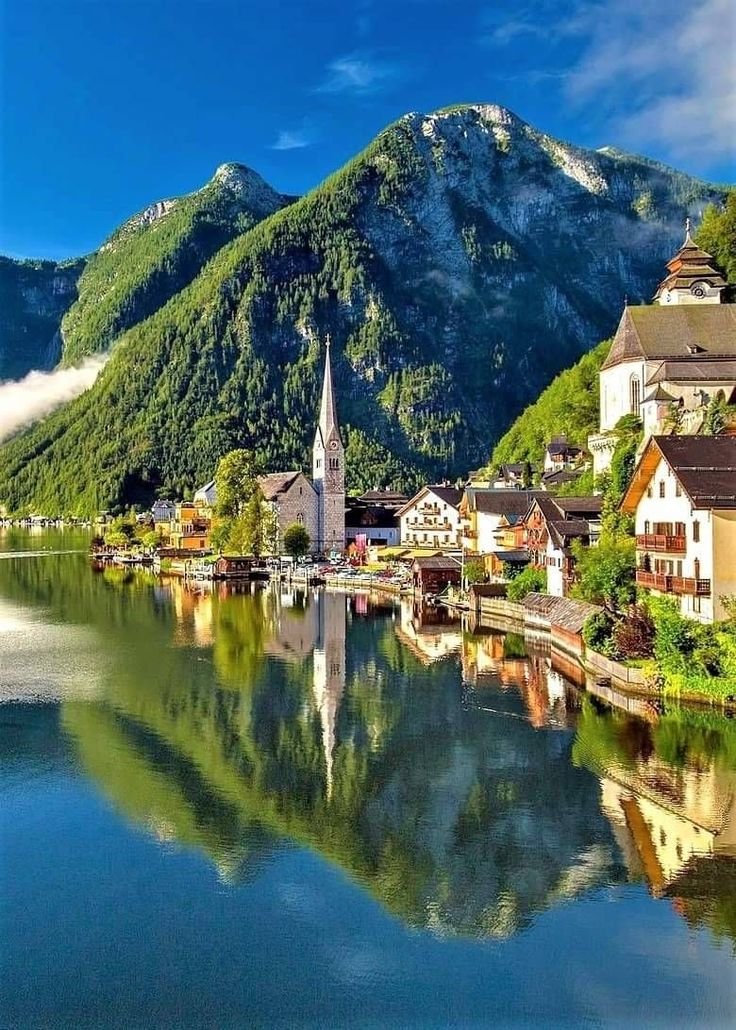Travel today is no longer just about sightseeing; it’s about meaningful connection. Cultural immersion enables travelers to engage deeply with local communities, traditions, and ways of life, transforming journeys into richer, more authentic experiences. Below is an in-depth look at how cultural immersion reshapes travel and why it’s increasingly vital in 2025 and beyond.
Moves Beyond Surface-Level Tourism
Instead of staying within resort walls or visiting only the most popular landmarks, cultural immersion encourages interaction with real daily life. Eating at family-run eateries, visiting local markets, or learning a traditional craft offers insights that guidebooks cannot replicate. According to a 2024 Booking.com report, 73% of travelers now prefer authentic cultural experiences over conventional tourism.
Strengthens Cultural Awareness and Empathy
Immersive travel fosters understanding and respect for different worldviews. By participating in festivals, ceremonies, or workshops, you see traditions from the inside, helping dispel stereotypes and fostering empathy. UNESCO has highlighted that cultural exchange through tourism contributes significantly to peace-building and mutual respect between nations.
Supports Local Communities and Economies
When you choose homestays, book with local guides, and shop at neighborhood businesses, you contribute directly to the community rather than large international chains. The United Nations World Tourism Organization (UNWTO) advocates for cultural tourism as a sustainable alternative that distributes income equitably and preserves heritage sites
Enhances Personal Growth and Perspective
Immersing yourself in a different culture can challenge assumptions and broaden your worldview. Learning to adapt to unfamiliar norms, languages, or customs sharpens adaptability, resilience, and creativity. Many travelers report returning home with improved problem-solving skills and a deeper appreciation for diversity.
Encourages Sustainable and Responsible Travel
Cultural immersion aligns naturally with the principles of sustainable tourism. Staying longer in one place, minimizing environmental impact, and learning local customs to avoid unintentional harm to ecosystems or traditions are integral to this approach. The Global Sustainable Tourism Council notes that mindful engagement reduces the negative footprint of tourism on sensitive cultures and environments.
Offers Unique, Unrepeatable Memories
Traveling this way ensures stories and memories that are unique to you. Instead of taking the same photo at a crowded landmark as millions of others, you might share tea with a host family, dance in a village square, or help cook a regional dish — experiences that stay vivid long after returning.
Practical Tips to Immerse Yourself Culturally
- Learn basic phrases in the local language to show respect and open conversations.
- Book local accommodations, such as guesthouses or homestays, rather than global hotel chains.
- Participate in cultural workshops, from pottery to cooking, led by residents.
- Observe and follow social norms and dress codes to show sensitivity.
- Research and attend festivals or events, but do so respectfully and without disrupting rituals.
Final Thoughts
Cultural immersion changes travel from passive observation into active participation. It deepens understanding, strengthens communities, and creates memories that reflect the true character of a destination. As more travelers in 2025 seek meaningful and responsible experiences, embracing immersion becomes not just a choice but a responsibility.
If you’d like, I can also prepare a meta description, focus keywords, suggested internal links, and structured data markup to further optimize this piece. Let me know!


